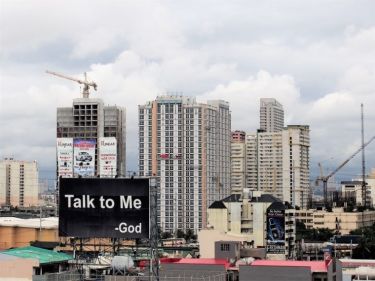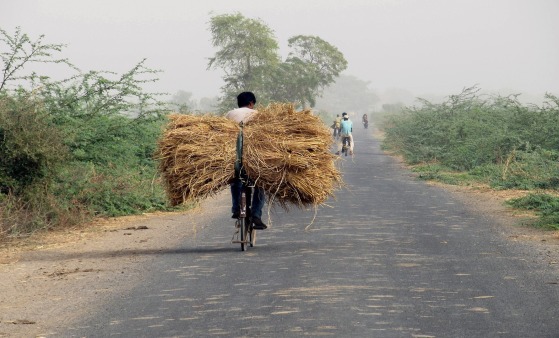
The Philippines remains one of the world’s most disaster-prone nations, with floods posing the greatest and most frequent threat, according to the WorldRiskReport 2025.
The annual report, published by Bündnis Entwicklung Hilft and the Institute for International Law of Peace and Armed Conflict, highlighted the country’s vulnerability due to its geographical location and high social risk. Dense urban populations, poverty, and climate-related rainfall patterns increase the impact of flooding on communities.
“Flood disasters affect more people worldwide than any other natural hazard,” the report said, noting that tropical countries like the Philippines face rising danger from heavier rainfall, sea-level rise, and stronger storms. It urged governments to invest in flood risk reduction, preparedness, and preventive measures rather than relying solely on emergency response.
The report stressed that effective flood mitigation requires more than physical infrastructure. Social, ecological, and organisational measures, including environmental conservation, early warning systems, and public awareness programmes, are also essential.
The release comes amid public protests and church-led campaigns calling for accountability over alleged corruption in government flood-control projects. Church leaders have described the scandals as a “moral abomination,” warning that misuse of funds not only wastes money but endangers lives.
The Church Leaders Council for National Transformation, representing Catholic and evangelical groups, said recent Senate hearings revealed a “harrowing pattern of graft.” The leaders urged repentance, transparency, and justice, calling corruption “a sin against both God and neighbour.”
In September, Christian leaders helped organise the Trillion Peso March, a nationwide protest against corruption. They described the peaceful participation of tens of thousands of citizens as “a miracle” and encouraged continued advocacy for accountability.
Experts emphasised that flood resilience requires good governance, public participation, and long-term investment, integrating infrastructure, social protection, and environmental stewardship.
Adapted from CDI.




